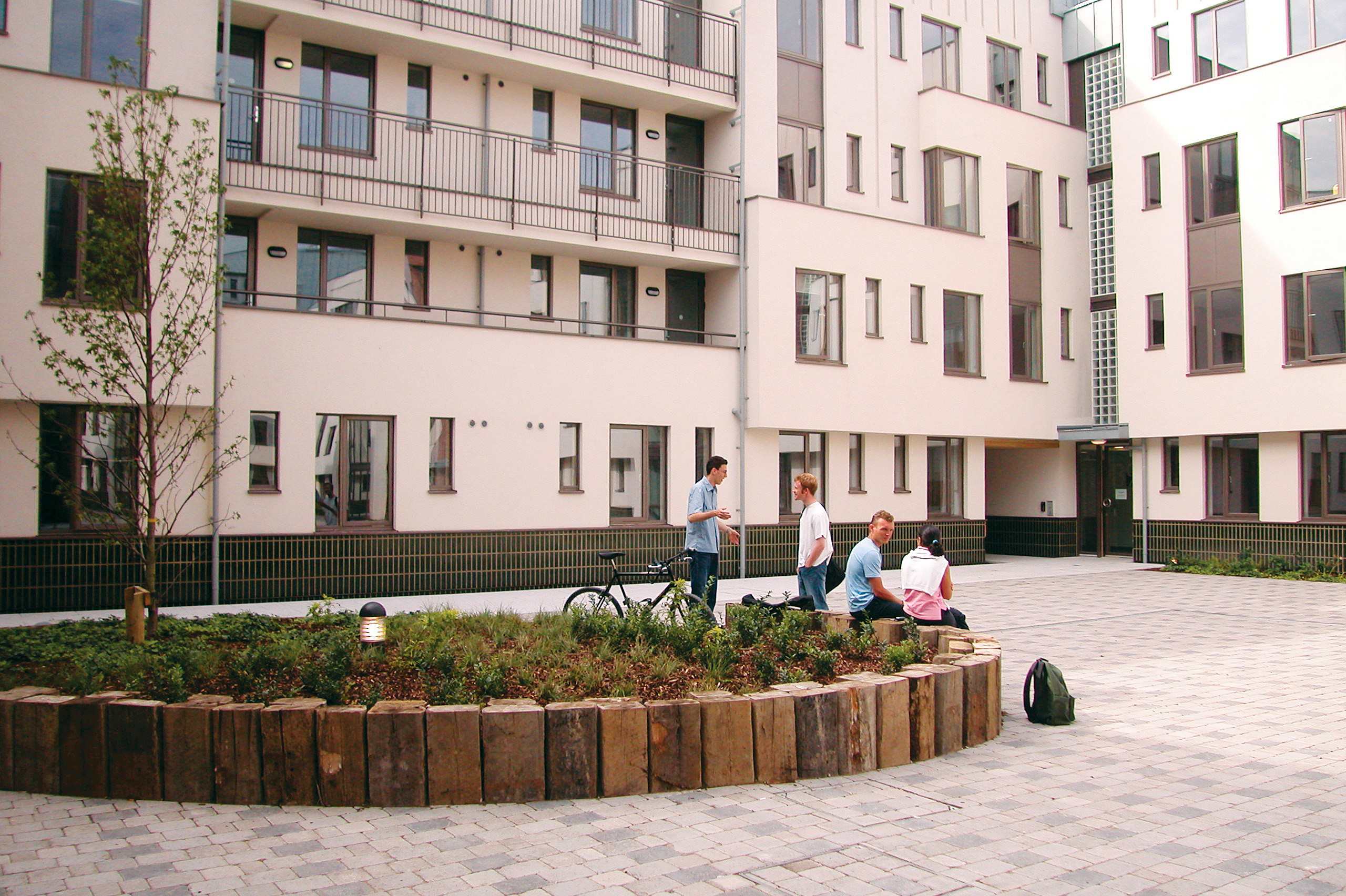Trinity generated €12.8 million from accommodation in the 2019 financial year, a slight decrease from €13 million in the previous year.
Accommodation represents the second largest income stream in College’s “Other Income” category in its financial statements, which is separate to major income sources such as state grants, academic fees, research grants, and donations, after Library income, which amounted to €18.3 million.
Of the €13 million generated from residences in the 2018 financial year, €10.9 million constituted a profit.
College’s financial statements for the year ending September 2019 were approved by the College Board on March 25.
In his report accompanying College’s financial statements, Chief Financial Officer Peter Reynolds said that “given the financial challenges that the University has encountered over the last number of years, it is satisfying to see that the non-Exchequer income generating strategies” have “continued to deliver improvements”.
Revenues amounted to €404 million for the 2019 financial year, with a surplus of €5.7 million recorded for College and its subsidiaries.
2019 marks a significant increase from the surplus of the previous year, which saw a €0.9 million surplus. In 2017, 2016, and 2015, College returned a deficit of €3.5 million, €9.4 million, and €14 million respectively.
Despite the increase, Reynolds cautioned that “significant additional funding will be required from the Government to address the shortfall in public funding per student”.
“While our financial performance is strengthening, there are still major challenges in achieving the income required for a globally-competitive research university,” he said.
Income from state grants, academic fees, and research grants all increased from the previous year, with state grants rising from €48.7 million to €50.4 million.
Reynolds outlined that “exchequer income has declined from 70% of the University’s total income in 2008 to 39% in 2019 and the financial outlook for the University will continue to remain uncertain unless the Government commits to long-term funding or lifts the cap on undergraduate student fees”.
Academic fees increased from €149 million to €153.1 million, continuing an upwards yearly trend seen over the last five years. The growth reflected a 1.8% increase in student numbers between the 2017/2018 and 2018/2019 academic years, including an increase in non-EU students which saw them account for 17% of the student base, up from 15% the previous year.
Undergraduate EU students accounted for over a third of total academic fee income with €71.7 million, while undergraduate non-EU students generated €31.5 million.
Postgraduate taught Non-EU students generated €1.6 million more than their EU counterparts, bringing in €18.4 million and €16.8 to College respectively.
Postgraduate research students, both EU and non-EU, represented the smallest proportions of academic fee income, generating €6.8 million and €2.9 million.
Research grants and contracts generated €101.4 million last year, an increase of €1.7 million, while donations and endowments grew by €5.5 million to €20.5 million.
New research awards in 2018/2019 included a Science Foundation Ireland award of €48 million.
In his report, Reynolds emphasised that a “globally-competitive research university needs a national Research & Development funding environment where its academic staff can compete for research contracts”, noting that public funding for research in Ireland has decreased by 21% since 2008.
Investment income remained steady at €7 million.






